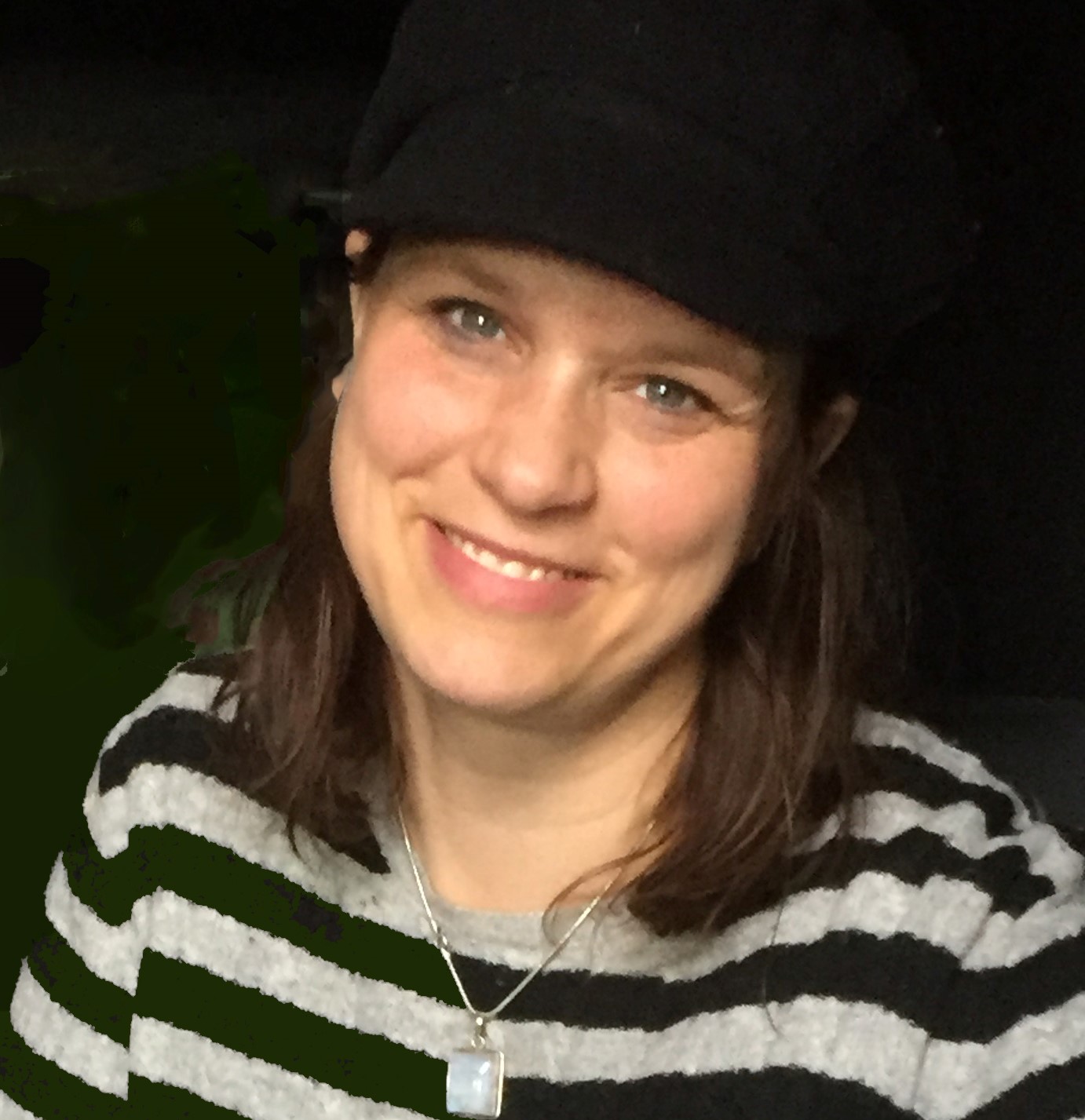
Hannah Duncan
Registered Member MBACP (Accredited)
Contact information
- Phone number
- 07748843708
Features
- Concessionary rates
Availability
I am not currently accepting new clients as I have become oversubscribed and need to reduce numbers as people complete their work with me. I also am wanting to create more time to make more Regulation content for clients (see www.sometimestrauma.com)
I will be opening my diary to new work from February 2025, as spaces become available. Please note: It is possible that I will need to become VAT registered in the 2025/26 tax year. If this is the case, VAT will be charged at 20% as a requirement of HMRC.
If you would like to go on a waiting list for a space, or if you would like me to make a recommendation of therapists I feel are experienced, robust and offer best practice, feel free to get in touch.
About me and my therapy practice
I am an experienced pair of hands with 22 years passing since I first sat down with my first client. Therapy has been my primary source of income since 2006, and I am as passionate about the work I do since I qualified. I am "hands on" and involved actively in the work and use a mixture of psychoeducation, psychodynamic theory, trauma-informed practice and psychology, as well as an honest and involved approach to listening to what is bringing you to the work of therapy. I have been described as "not wishy-washy". I like my relationships to have permission to be exploratory, "pinching the nettle" together to see where we get. I don't sit on my hands - I feel theory should be shared with clients so self-development can sit at the centre of the work. I am always seeking to work within the boundaries of safe clinical practice and within the BACP's ethical framework. I have recently undertaken a Certificate in Embodied Practice which I believe is further enhancing what I can offer my clients/supervisees and couples. My offering "Sometimes, Trauma" aims to educate and support therapists in psychoeducation, as well as offer online videos, content and poetry to clients. See www.sometimestrauma.com and https://www.youtube.com/@SometimesTrauma for more information.
Practice description
I tend to use aspects of psychoeducation in my work and ask for clients to commit to be involved in their own process of change - as what is the point of therapy without things becoming different, or changing ourselves? This means the therapy room can be a dynamic and sometimes even challenging place.
I tend to take some baseline measures when I begin working with clients: this might be depression/anxiety scores, or looking for levels of trauma symptoms which we then compare at a later date to see how you are getting on.
Sometimes the work goes "top down" - head down to body/somatic experience, for those who tend to think their way through things. I might use more models or aspects of CBT in this work - or there might be a more verbal narrative to start with. Other clients tend to need something more "bottom up", if they are able to feel things in their body more readily, but the intellectual understanding of what is being processed takes a little longer. We might do some Emotional Freedom Technique, Visualisations or breathing. We might work with images, dreams or just focus deeply on the body and where the stories are locked. Most clients present to therapy ultimately because there is some Trauma that remains unresolved (and the subsequent difficult behaviours that have evolved over time to protect this traumatised part). The therapy therefore HAS to be consensual and directed by the client and totally with their own power and control. We might take a while to work with really difficult material - I guess the pace has to be set first by a feeling of safety - because marrying a feeling of safety intellectually with a sense of somatic safety is what makes the most difference in my view. The other ingredient that feels central to the work is the relationship itself that we build together and it feeling like a practical but earned place of trust.
My first session
A first session is important for us both in order to find if we are a good fit for each other and this is the main goal of Session One. I don't always work with everyone I meet and may refer if I feel someone else might be a better person for the work. If we both decide there is a good match, we scope out what work we would like to look at, what you would like to change of yourself/your situation with a successful outcome in therapy. I might also set up some initial assessment tools for me to take a snapshot as we start of what main issues are problematic for you. The first session tends to be about "describing the jars" without "opening the lids and letting the unsafe contents out" if this analogy works for you. Your control of your story and the meaning-making of how you carry this story itself is important.
What I can help with
Abuse, Addictions, Anxiety, Bereavement, Child related issues, Coaching supervision, Depression, Eating disorders, Infertility, Loss, OCD, Personal development, Post-traumatic stress, Pregnancy related issues, Relationships, Self-harm, Service veterans, Sex-related issues, Substance Dependency, Trauma
Types of therapy
Creative therapy, Existential, Gestalt, Humanistic, Integrative, Interpersonal, Jungian, Narrative therapy, Person centred, Psychodynamic, Psychosynthesis, Relational, Transactional analysis, Transpersonal
Clients I work with
Adults, Couples, Groups, Older adults, Organisations, Trainees
How I deliver therapy
Long term sessions, Long-term face-to-face work, Online therapy, Outdoor therapy, Short term sessions, Text therapy